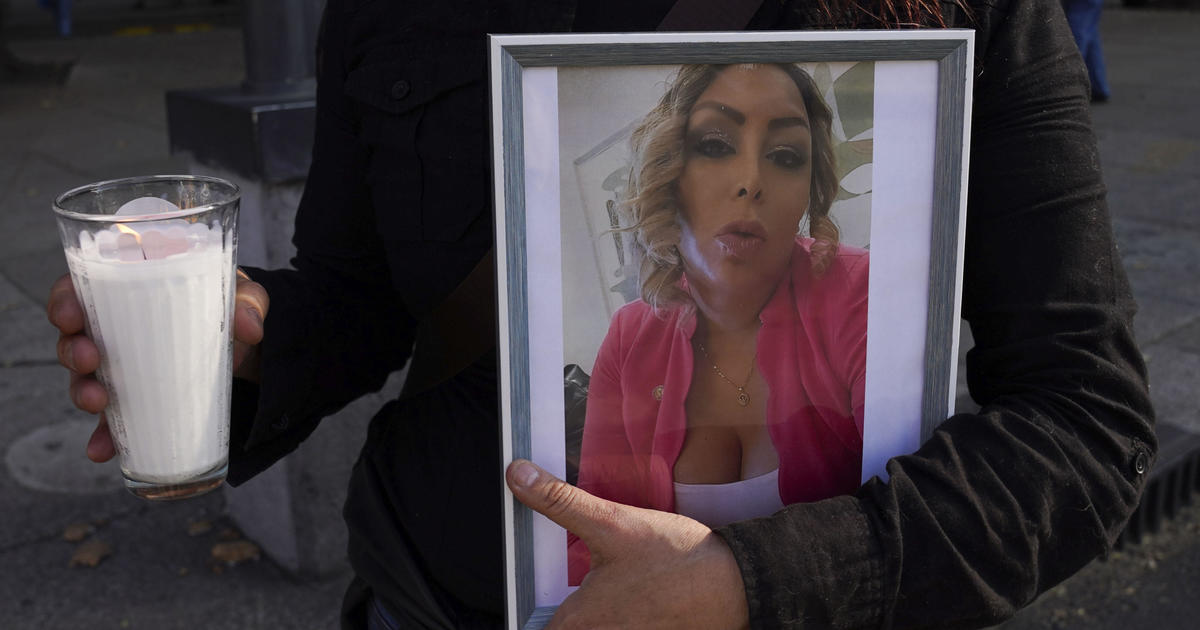Nebraska governor signs 12-week abortion ban, restrictions on gender-affirming care for people younger than 19
Republican Nebraska Gov. Jim Pillen signed a bill Monday that bans abortion at 12 weeks of pregnancy and restricts gender-affirming medical care for people younger than 19.
The abortion ban takes effect immediately. It includes exceptions for rape, incest and to save the life of the mother.
The law will also prevent transgender people under 19 from receiving any gender-confirming surgery. It also restricts the use of hormone treatments and puberty blockers in minors, putting the state's chief medical officer — a political appointee who is an ear, nose and throat doctor — in charge of setting the rules for those therapies.
In Nebraska, people younger than 19 are considered minors.
The hybrid measure ties together restrictions that Republicans have pursued across the U.S.
Pillen called the law "the most significant win for social conservative agenda in over a generation of Nebraska" before he signed the law while holding a 5-day-old baby as his two oldest granddaughters stood next to him.
"It's about protecting our kids and saving babies. Pure and simple," Pillen said.
Opponents have promised to sue to try and block the law. The head of the American Civil Liberties Union of Nebraska, Mindy Rush Chipman, said in a statement that "every option is on the table to undo these regressive measures."
"The governor's decision to sign these sweeping restrictions into law betrays a total disregard for Nebraskans' freedom, health and well-being," Rush Chipman said. "Just as we have seen in other states, these bans will result in significant harm, most intensely hurting already vulnerable communities."
White House press secretary Karine Jean-Pierre called the new abortion restrictions "dangerous," and tweeted that the president and vice president will "continue to defend reproductive health care and call on Congress to restore the protections of Roe v. Wade."
Vice President Kamala Harris tweeted criticism of "extremist so-called leaders" imposing restrictive abortion laws.
"From North Carolina to Nebraska, extremists so-called leaders continue to restrict access to abortion across the nation," she wrote. "Enough is enough. We need a federal law to restore the protections of Roe v. Wade for women in all 50 states."
North Carolina also recently passed a 12-week abortion ban, among a slew of restrictions enacted in states after the U.S. Supreme Court last year struck down the 1973 Roe v. Wade ruling that established a nationwide right to abortion. Fourteen states have approved an abortion ban throughout pregnancy.
Nebraska is now among at least 18 states that have enacted laws restricting or banning gender-affirming medical care for minors. Proposals are pending before the governors of Texas and Missouri. Medical groups and advocates say such restrictions are further marginalizing transgender youth and threatening their health.
for more features.




